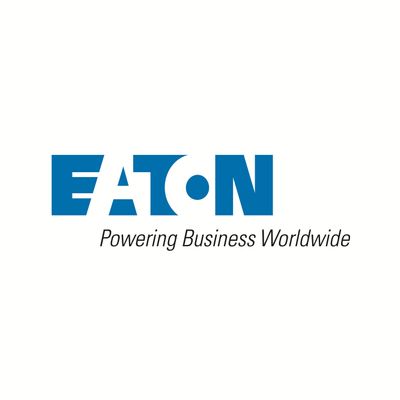
About this Event
Duration: 1 days
Location: Houston, TX
Credits: 0.8 CEUs
Target audience
Electricians, technicians, maintenance workers, engineers, managers and safety professionals who need to follow and adhere to industry and government standards to maintain safe electrical work environments.
Learning objective
At completion of this course, students will be able to avoid working on or near energized equipment. Where exposure cannot be avoided, students will learn to implement safety procedures to minimize dangers adhering to the guidelines of NFPA 70E.
Abstract
Personnel safety is the most important concern in the workplace. The NFPA 70E sets standards for electrical safety in the work environment and keep workers safe while working on or around electrically energized equipment. IEEE 1584 sets the industry standard for evaluating the arc flash hazards in a power distribution system and its equipment. OSHA 29CFR1910 subparts R and S tie these standards and governmental regulations for electrical safety together. OSHA mandates regarding electrical safety in the workplace specifically require employer assessment of generally recognized hazards in the workplace, and provisions for protecting the employee from those hazards.
Course topics include:
General Information
- Regulations, standards and codes
- OSHA [29 CFR 1910.399 Part 2]
- NFPA 70E-2024
- Your employer’s electrical safety program
Working safely on or around energized electrical equipment
Temporary grounding
- Protective grounding equipment
- Procedure for using temporary grounding conductors
- Ground-fault circuit-interrupter (GFCI) protection
Working in a situation where an arc-flash or shock hazard exists
- Electrically safe working condition and exceptions that might justify working around live parts
- Working in a situation where an arc flash hazard exists
- How do power systems engineers determine incident energy and arc flash boundaries
- Classroom exercise — assess the risk of an arc flash
Selecting and using personal protective equipment and insulated tools
- PPE for electrical work
- Selecting arc-rated garments and other PPE for arc flash protection
- Picture examples of arc-rated clothing and other PPE
- Selecting and using insulated tools
Arriving at our Training Centers
Gaining Access:
Upon arriving at our training centers, follow signage and any other directions you may have received before arriving for your event. Our staff will greet you upon arrival and take you to the appropriate training area. You will be asked to sign in for all events so that we can track building occupants in case of an emergency situation.
What to Wear:
Due to the nature of our training facilities and other events taking place, we ask that you wear business casual (or appropriate PPE if your event requires PPE in lab exercises) while in the facilities. Please do NOT wear shorts or open-toed shoes or loose clothing that can get caught on equipment in the lab spaces.
Safety:
Our labs are working labs, as well as training and testing spaces. Equipment may or may not be energized with control voltages as well as three phase power. We ask that you do not open or operate any equipment within the facility without discussing with your host. Eaton staff will provide you with information on gathering points, as well as exit paths at the start of your event.
Cancellation Policy
Cancellations of In-Person offerings made prior to two weeks in advance of the first day of scheduled class will incur a 10% cancellation fee along with any incurred costs to date.
Cancellations of In-Person offerings made within two weeks of the first day of class will incur a 100% cancellation fee. If you cannot attend, contact us at [email protected].
Event Venue & Nearby Stays
Eaton Training Center - Houston, 3413 North Sam Houston Pkwy West, Houston, United States
USD 1495.00












